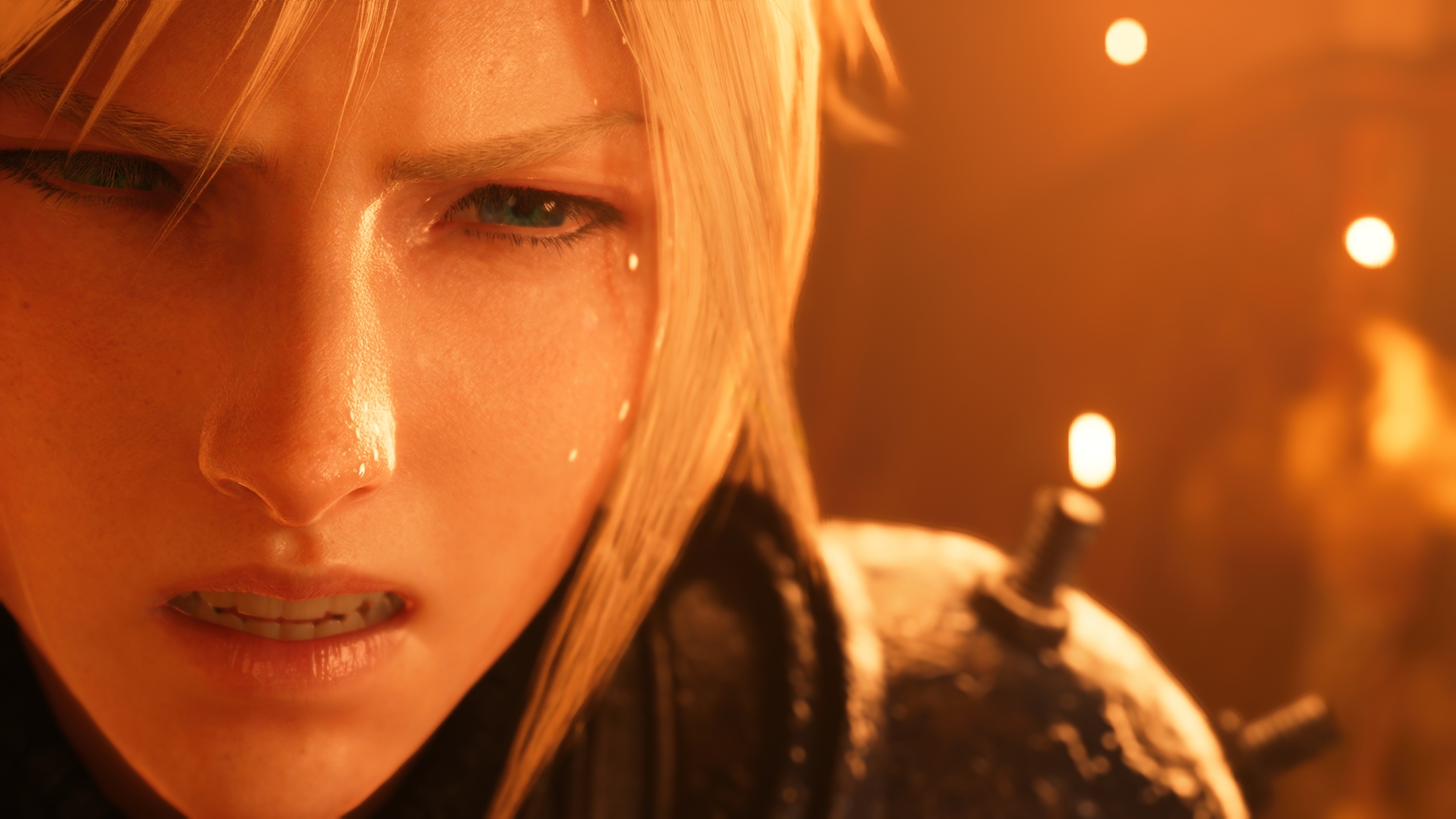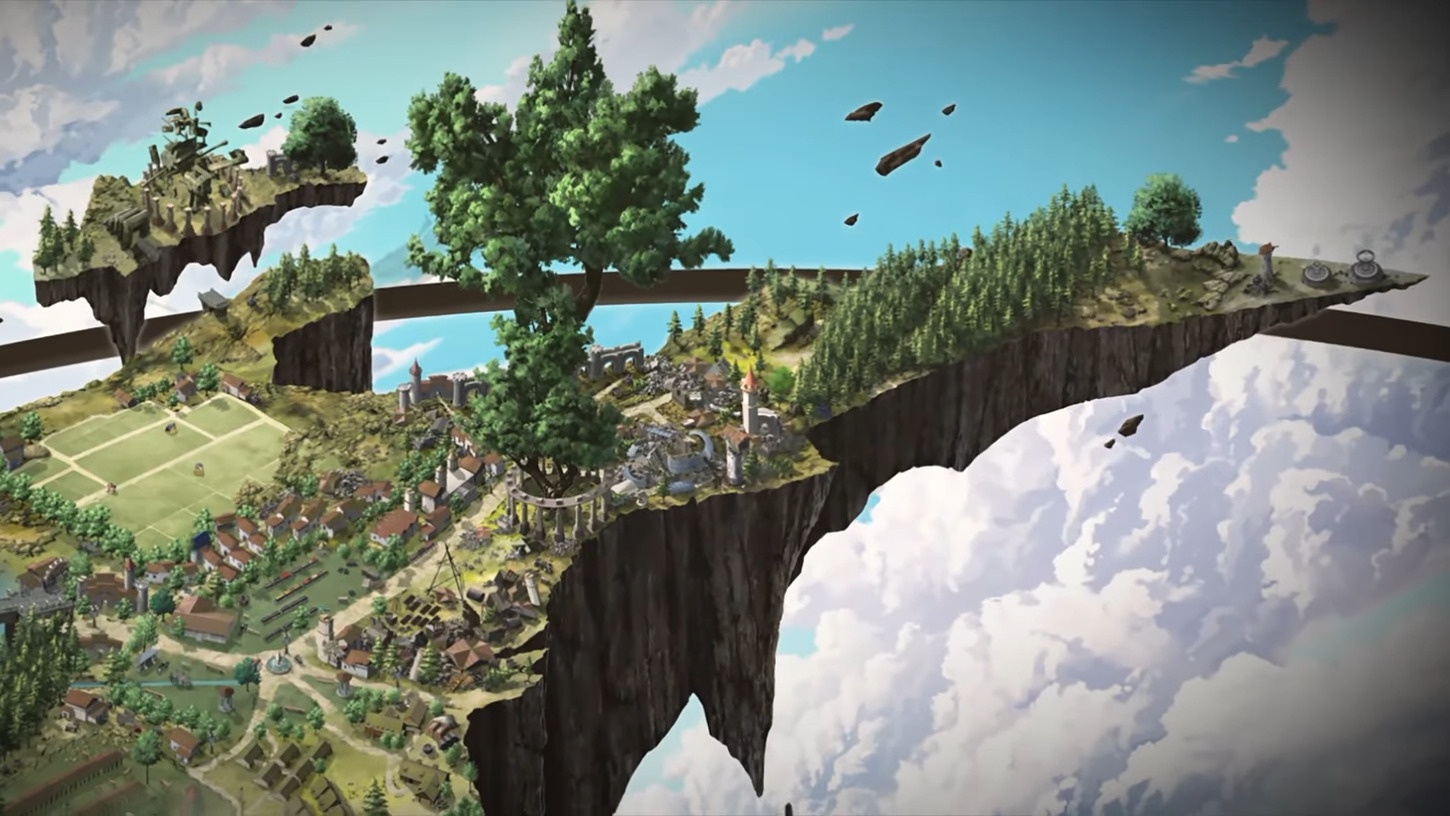
After singing its fingers on the hot stove of NFTs, Square Enix has decided to go in for another cheeky touch with AI—as stated by the company's new president Takashi Kiryu in a New Year's letter to his employees.
"I believe that generative AI has the potential not only to reshape what we create, but also to fundamentally change the processes by which we create, including programming," writes Kiryu. He's not necessarily wrong. AI technologies could hypothetically aid artists, writers, and programmers—though often in understated and boring ways, a far cry from the revolutionary 'democratisation of art' its strongest advocates dream of.
The example I always like to use comes from 2018's Into the Spiderverse—a movie with strong artistic merit that's ushered in a whole new style of 3D animation. It used a deep learning program to help it with the busywork of drawing comic-style lines, saving thousands of hours of work.
Similarly, concept artists already grab reference images to help draft ideas—so an in-house AI that can spit out a bunch of concepts already in a studio's style for the artist to then reimagine by hand sounds genuinely helpful. AI-created code is very rarely functional, but it could also serve as a good first draft for an experienced programmer, especially as the tech improves.
The only problem is, these are all uses for the tech that come from the people making the sausage, rather than the owners of the factory. They're not some big, revolutionary silver bullet that'll let companies make heaps of content for free. Kiryu continues:
"We also intend to be aggressive in applying AI and other cutting-edge technologies to both our content development and our publishing functions. In the short term, our goal will be to enhance our development productivity and achieve greater sophistication in our marketing efforts. In the longer term, we hope to leverage those technologies to create new forms of content for consumers."
That's the kind of framing that fills me with exhaustion. There's a repeated pattern I've seen among AI's biggest advocates—they'll get very excited about the new technology, make something that's over-reliant on it, and then be very confused when no-one's amazed. Square Enix did this with NFTs—the company's arguably still doing it.

Symbiogenesis is Square Enix's big NFT project, a game designed to leverage tech that's otherwise been bullied out of gaming, and it's not exactly doing great. I don't want to cast assumptions over a company's leadership: but if I had a nickel every time Square Enix became infatuated with some new technology and wasted a bunch of money, I could soon be the proud owner of two nickels.
Kiryu maintains that web3 tech is still an area of focus. "In terms of new business domains, we previously identified three focus investment fields, namely blockchain entertainment/Web 3.0, AI, and the cloud." He goes on to say that Square Enix will "modify our organisational structure and optimise our resource allocations to support these efforts."
The Square Enix game I actually care about right now—Final Fantasy 14—has mercifully kept these love affairs at an arm's length, its game director Naoki "Yoshi P" Yoshida outright stating that there are no plans to plonk a bunch of freshly-minted Thancreds into his life's work. Whether the studio is similarly weary of AI technology remains to be seen, however.







